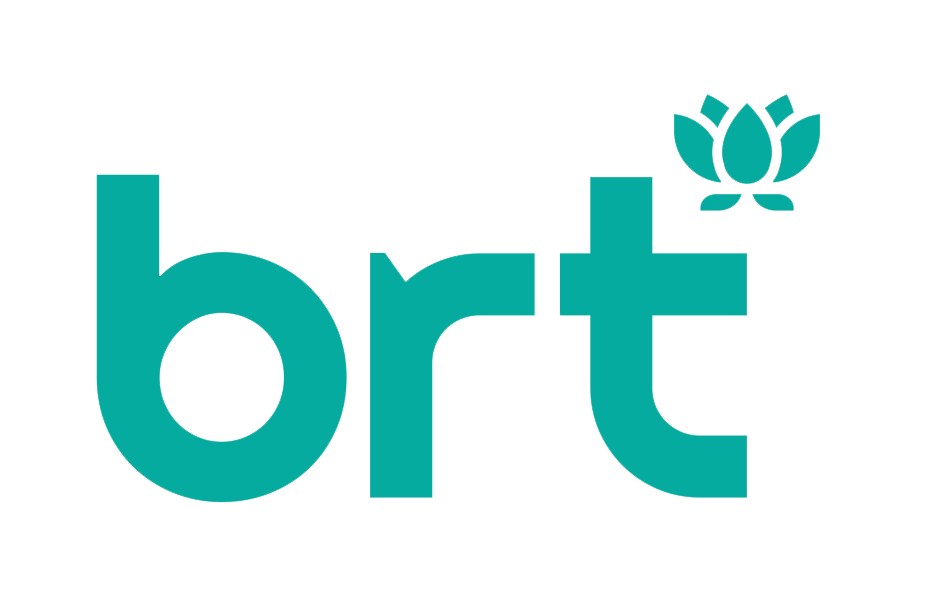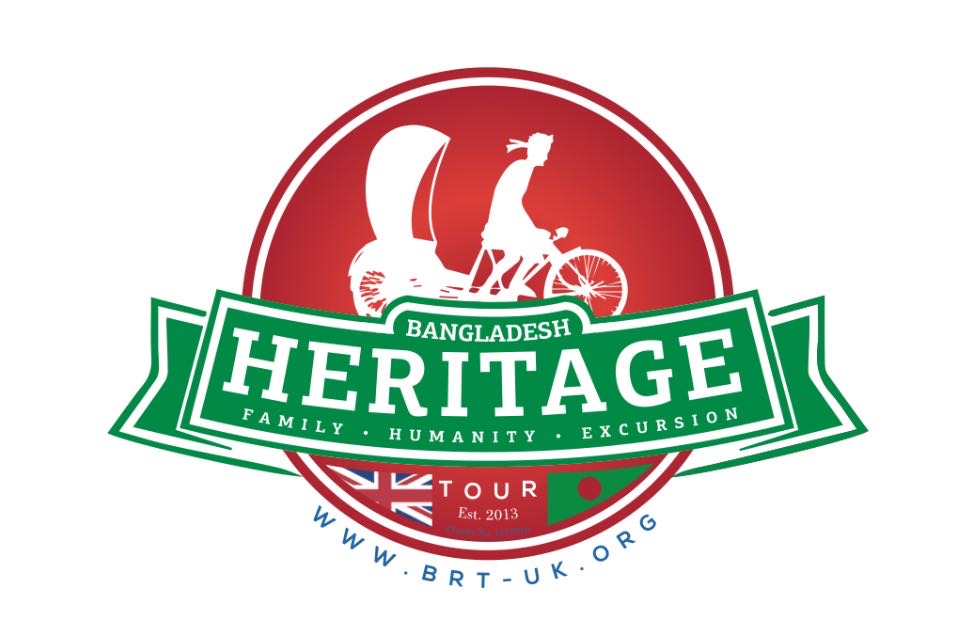Health
Bangladesh
Rohingya Health Post
Our Health Post in the Rohingya refugee camp in Cox’s Bazar has been providing primary care to thousands of the displaced Rohingya people. Our doctors and other health professionals advise, diagnose and treat hundreds of patients each day, most of whom are women and children. We provide free medication in the most cases, and refer those needing specialist treatment to appropriate healthcare facilities.
Menstrual Hygiene Campaign
This campaign aims to educate women and girls, especially in impoverished and disadvantaged communities, about issues surrounding menstrual health, and provide reusable sanitary pads to the girls and women from the poorest families. This will help prevent the use of unhygienic materials such as rags and old cloths, which often lead to urogenital infections. Menstrual health awareness also reduces poor mental health outcomes, such as elevated anxiety and depression caused by taboos and stigma surrounding menstruation. The use of reusable sanitary pads also helps the environment by reducing waste caused by disposable pads.
Menstrual Hygiene Resource Kits
Menstrual Hygiene Resource Kits (MHRK) in high schools provide girls with reusable sanitary pads and other related hygiene products. These are provided free of charge. Students who are financially able to do so are invitated to contribute to the project. The MHRK are maintained by a committee comprised of members of staff and students, who replenish supplies regularly from the voluntary contributions and donations. We also work with schools to provide menstrual hygiene awareness sessions and instructions on the proper use and care of reusable products. Our long-term aim is to install MHRKs in every secondary and tertiary education establishment in Bangladesh.
Paediatric Cataract Removal Operations
Cataracts are cloudy patches that form in the transparent lens inside the eye. Over time these patches become bigger, causing blurry vision and, if left untreated, eventually lead to blindness. It is a condition that usually affects the elderly, but growing numbers of children in Bangladesh are being affected. Children blinded by cataracts become life-long ‘burdens’ on their families. This makes a bad situation worse, as it is often the poorest children who are affected. Removing a cataract involves a simple procedure and usually restores full sight. We have teamed up with one of the leading eyecare specialists in Bangladesh who have several eye care facilities in different parts of the country, to provide cataract removal operations for children from impoverished families.
UK
COVID19
There is a looming mental health crisis among the British Bangladeshi population who are disproportionately affected by COVID19. We want to work with community groups, especially those working with young people and the elderly, and the wider healthcare community, to provide culturally and spiritually sensitive pastoral care and counselling.

